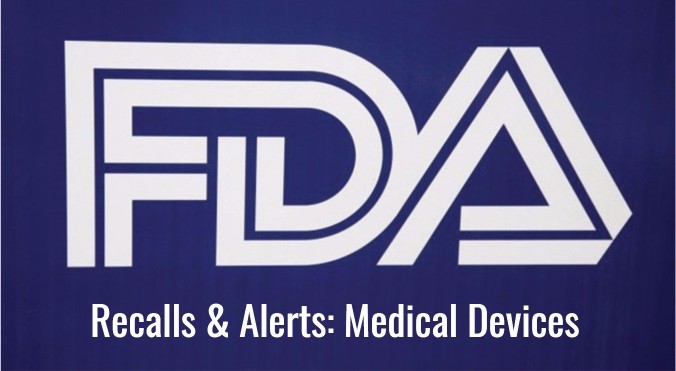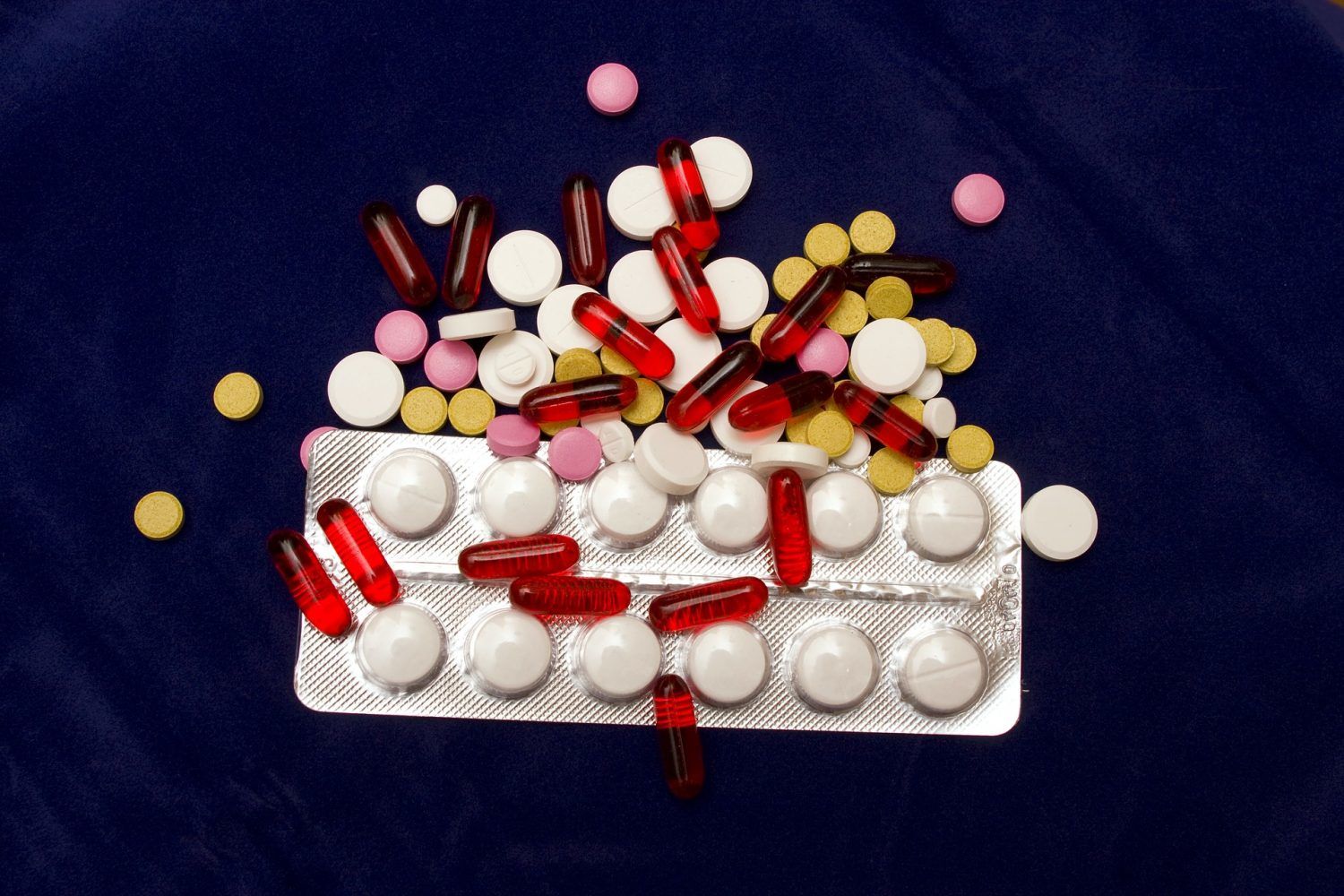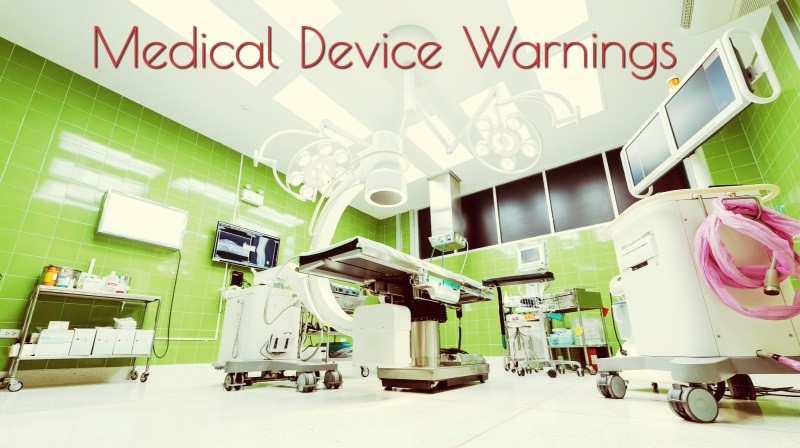
Inhaler Recall Prompts Concern Among Asthmatics
A voluntary recall by GlaxoSmithKline (GSK) is impacting hospitals, retailers, and distributors across the U.S. The Ventolin inhaler recall affects almost 600,000 devices, which asthma sufferers rely upon every day to breathe normally.
The recommendation was issued by GSK following complaints from asthmatics that the Ventolin units show signs of leaking. While the issue poses no direct threat to consumers, the concern remains that patients using the potentially defective devices will not receive their required dose of medicine.
If you or your family member has asthma, check to see if you use a Ventolin HFA 200D inhaler with 200-metered doses. The manufacturer is not replacing all recalled devices at this point in time, but advises patients with questions to call its customer response center on 1-888-825-5249.
For its part, the FDA has approved the inhaler recall on face value. The lack of any additional warning from the agency confirms the manufacturer’s claim that there is no immediate danger to consumers. As such, the recall remains a cautionary move for the moment.
GSK isn’t alone with its inhaler recall concerns, as Mylan NV has faced a similarly voluntary challenge with its EpiPen this past week.
After some 80,000 of the auto-injector devices were recalled in Australia, Mylan chose to extend that move to the U.S. A potential defect caused a handful of EpiPens in Australia to delay activation, which could have significant consequences for patients facing life-threatening allergies that rely on the device.
In this case, the FDA was moved to comment on the situation. The agency stopped short of recommending against using the potentially defective devices, however, advising instead that consumers should order a replacement as soon as possible. The alert advice impacts both EpiPen and EpiPen Jr. products.
Both cases act as a reminder of the tightrope that manufacturers of medical devices walk when they market and maintain a life-saving product. They have a clear duty of care towards customers who rely on their device, yet all too often it is profits that win out over patients.
While GSK and Mylan NV can be applauded in this instance, the Epipen replacement and inhaler recall examples should act as a reminder to all patients: stay up to date with medical device recalls and always rely on a medical professional you trust to recommend the right device for your specific condition.



